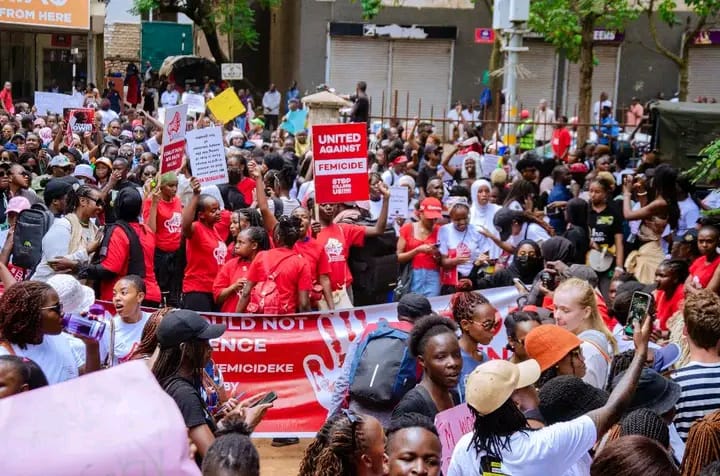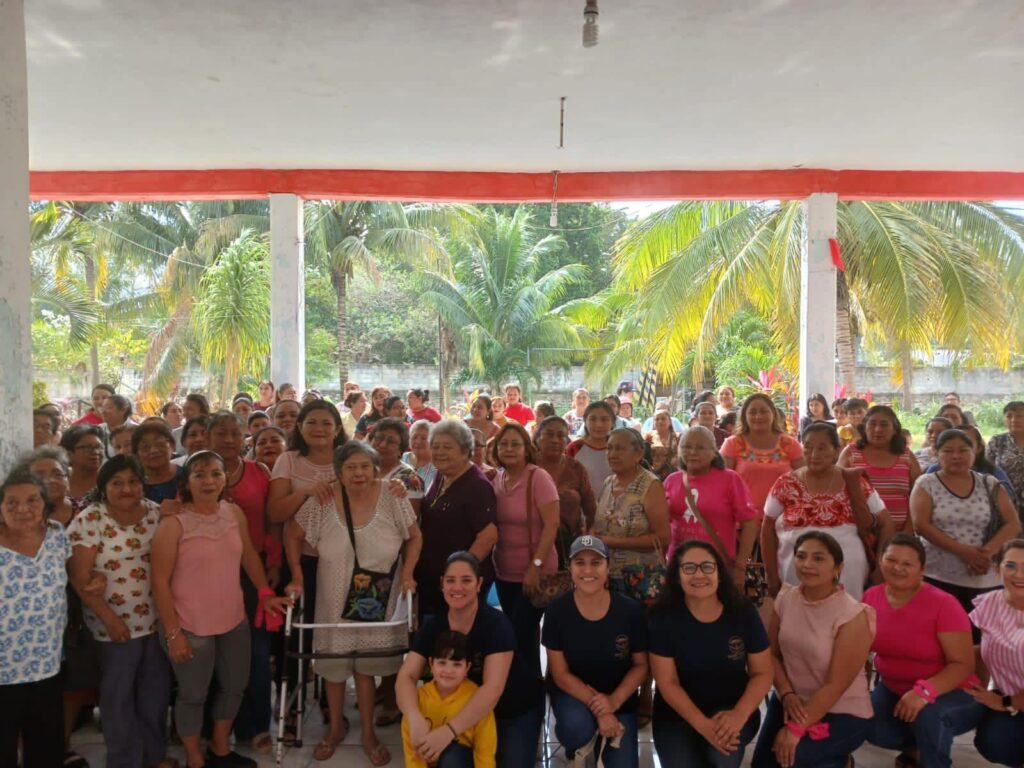Let’s Start Listening to Girls:
A call for collaboration to enable girls to recover from & prevent abuse

Women have and continue to put themselves on the front lines to promote equal rights for themselves, girls, and future generations. From leading climate strikes to developing anti-violence movements in fragile settings, to advocating for feminist peace-building strategies, women are relentlessly blazing a way forward. In defiance of tokenized inclusion, women, girls, and gender and sexual minorities are demanding transformation, youth-led change, and policies to combat patriarchy and enable everyone to thrive. This is one such story of girls and women banding together to catalyze change.
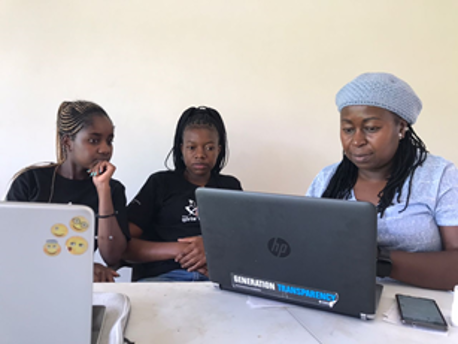
In a recent call sponsored by Girl Up Initiative Uganda (GUIU) and The Girls’ Legacy (TGL) of Zimbabwe, the organizations’ respective Executive Directors, Monica Nyiraguhabwa and Judith Chiyangwa, stood by as their girl clients shared stories of how they have managed to navigate social support structures that are difficult for children to use and access. The youngsters also talked about how gender norms hold girls back from reporting violence.
The girl leaders began by testifying to the lack of support for survivors, whose feelings of abandonment and violation can be calmed with emotional support while they share what happened to them. “When you succumb to this loneliness and isolation, that is when you get thoughts of, ‘I am no longer a worthy person in this community,’ ” shared Barbara of GUIU.
“If homes are no longer safe and there is no justice or intervention, girls often run away from home and go to the streets. The streets are also not safe for girls. Here, they are subjected to more violence,” said Shadia of GUIU.
“Survivors need to be moved to safe spaces,” contributed Fortunate of TGL. “Sometimes, families cannot protect girls from gender-based violence—or their families themselves are the perpetrators.” Girls need places to heal, she asserted.
A through-line sentiment during the conversation was girls’ belief that violence against them—their bodies, minds, and opportunities—is something that is normalized and accepted. They see the wider society’s attitudes in issues ranging from insufficient funding for violence-response mechanisms and referral pathways, to a lack of education for girls in their own rights, to the failure of governments to protect them.
“Girls need more advocates so that chances of abuse can be reduced,” said Fortunate. “An increase in girl child advocates leads to an increase in spreading knowledge on the issues of abuse.” She reported that many young girls are not aware of the different ways in which abuse is manifested, and the steps to consider taking after they have experienced it. “More advocates for the girl child will also help victims of abuse to speak out,” she said.
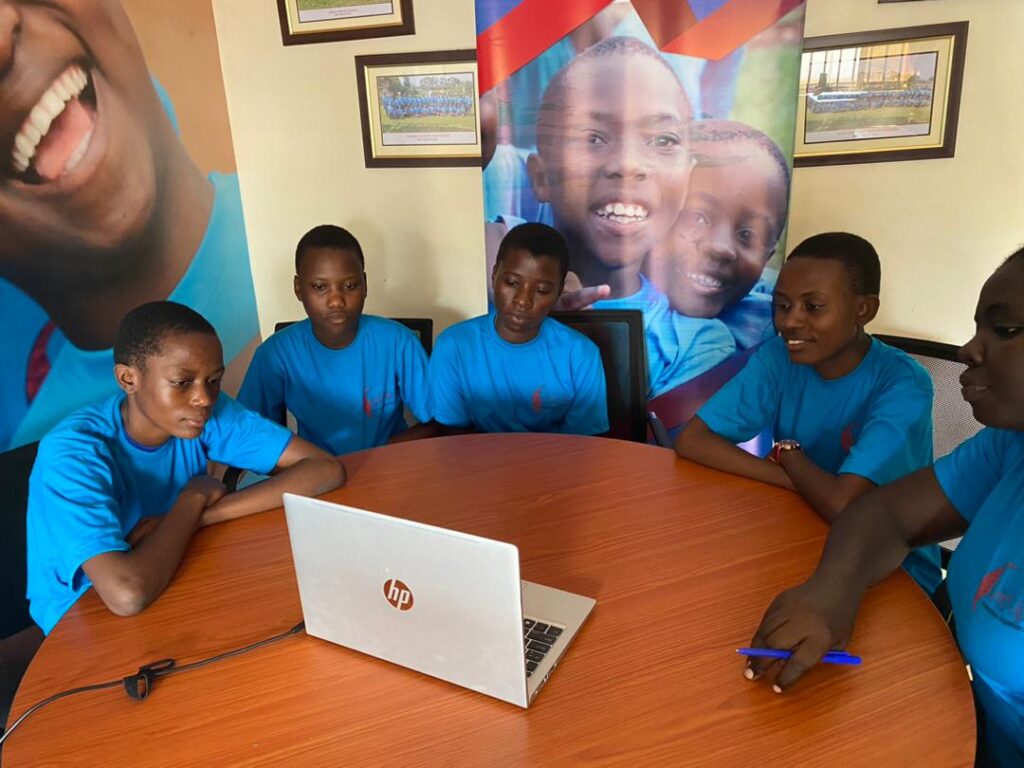
Girl-centered organizations like GUIU and TGL are solid advocates in their communities, despite facing strained communication with local authorities and engrained sociocultural norms held by many parents and other adults. Combined with girls’ reluctance to report violence out of self-blame, shame, and fear of retaliation, false beliefs and stigma make safe-reporting systems difficult to achieve. Yet over the last two years, hope for a paradigm shift in aid has appeared in the shape of efforts to fund local organizations and youth-led movements—both of which WomenStrong supports vocally and financially.
“Social welfare has the power to step in when these cases of violence arise. There is a certain power that civil societies don’t have, and we need to urge governments to invest money and resources into these protection pathways and services,” said Nyaradzayi Gumbonzvanda, the African Union Goodwill Ambassador and Founder and Executive Director of Rozaria Memorial Trust, who was present on the call.
She and Rose Nalubega, Senior Superintendent of Police and Head of Sexual, Children Offenses, and Trafficking Persons Department of the Ugandan Police Force, also on the call, are challenging the status quo within their societies and institutions.
In Rose’s experience, disorganized and convoluted processes silence young survivors. Already hesitant to report and seek justice, the girls are too often met by under-compensated, under-trained staff, who, lacking knowledge of the multi-dimensional effects of gender-based violence, can perpetuate stigma. Eliminating barriers, she stressed, begins with teaching young people about their rights to safety and bodily autonomy, educating officials on the importance of girls’ rights and safety, and investing in the social support structure.
Grassroots organizations like GUIU and TGL have the knowledge and local experience to help survivors of gender-based violence and to lead systems change from the bottom up through collaborations like the girls’ call with local officials.
It feels productive to report that, despite the gender norms, despite the power outages and connectivity issues that are part and parcel of transcontinental African collaborations, the girls’ call elevated the message that they, the experts of their own lived realities, know what help they need from adults and the community.
“The call has given me awareness of my rights and what I should do whenever I think my rights are being neglected and abused,” said Nyari of TGL.
Co-Authors
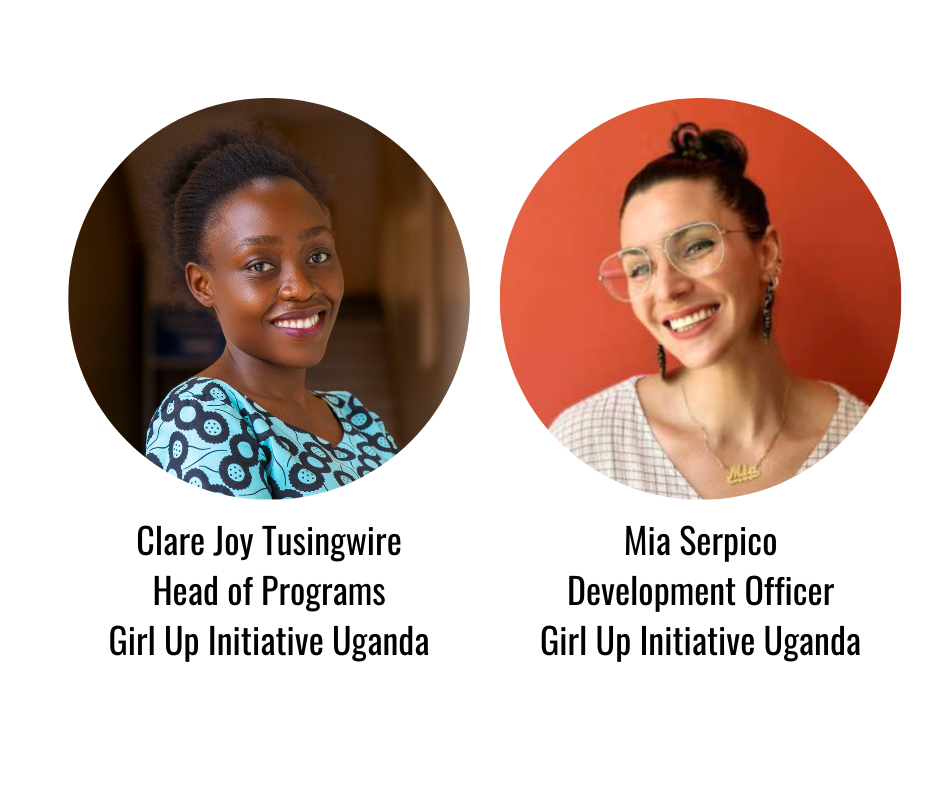
Clare Joy Tusingwire, Head of Programs, Girl Up Initiative Uganda
Clare is the Head of Programs for Girl Up Initiative Uganda. She is a passionate community worker with over 14 years’ experience in working with communities. Clare holds a BA in Adult and Community Education from Makerere University. She has devoted her life to inspiring people and supporting them to blossom with a spark! She is highly skilled in community mobilization and stakeholder engagement. She has a deep connection with communities and believes strongly in lasting partnerships rooted in collaboration and collective action. Clare is also passionate about the critical mentorship of young people with the self-belief and determination to dream forward.
Mia Serpico, Development Officer, Girl Up Initiative Uganda

